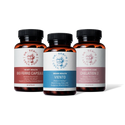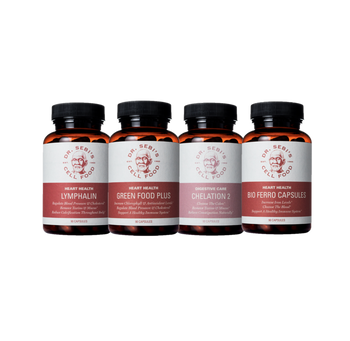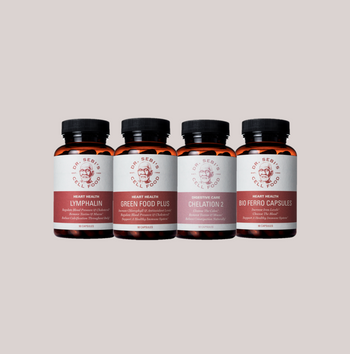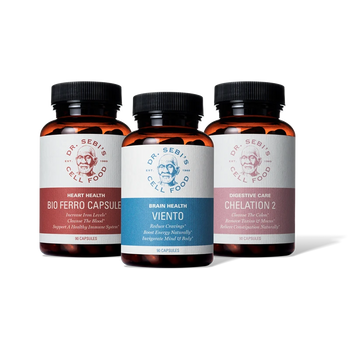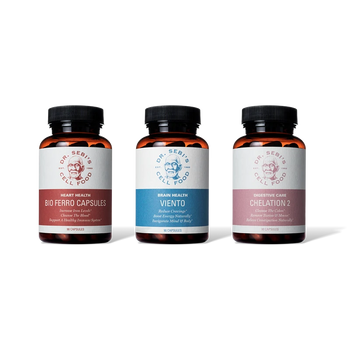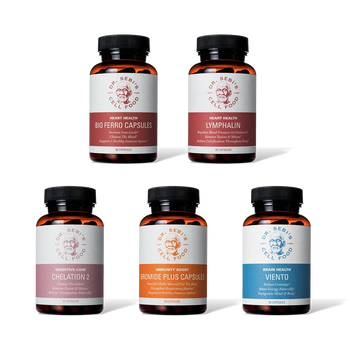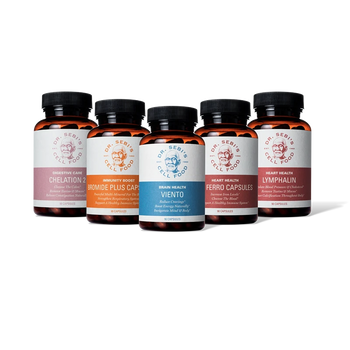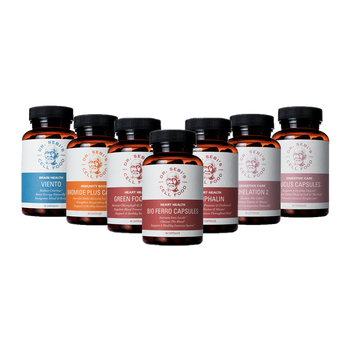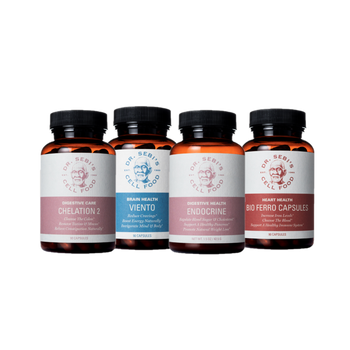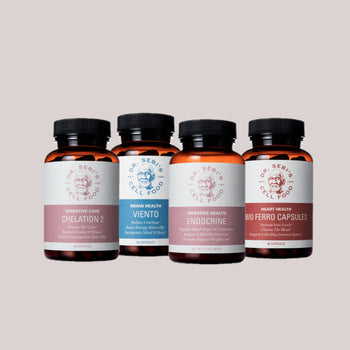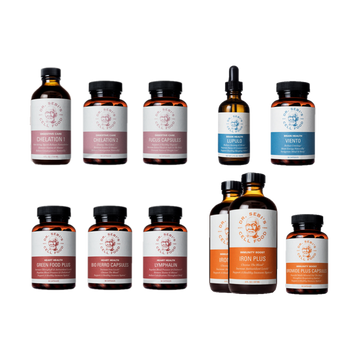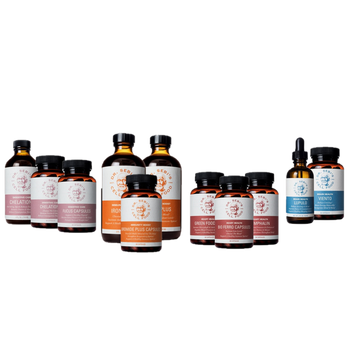When people hear the word mucus, they often think of a runny nose during a cold. But in natural health teachings, mucus is much more than a minor inconvenience. Dr. Sebi, whose philosophy inspired countless people to embrace alkaline living, taught that mucus is the root cause of all disease.
This may sound radical at first, but when we examine how the body works, it makes sense. Mucus is a natural substance that protects tissues and membranes. But when it builds up excessively—especially in response to acidic and mucus-forming foods—it becomes a breeding ground for imbalance and disease.
This article explores the role of mucus in the body, how it relates to illness, and how alkaline foods and herbs can reduce excess mucus, restoring health and balance.
The Role of Mucus in the Body
Mucus is not inherently bad. In fact, it serves several important functions:
-
Protective barrier: Lines the respiratory, digestive, and reproductive tracts.
-
Lubrication: Prevents tissues from drying out.
-
Immune defense: Traps pathogens like bacteria and viruses.
In healthy amounts, mucus keeps the body functioning smoothly. The problem arises when mucus becomes excessive, thick, or stagnant.
How Excess Mucus Leads to Disease
When the body is burdened by acidic foods, toxins, or chronic inflammation, it produces more mucus as a defense. Over time, this mucus hardens, blocks circulation, and suffocates tissues.
Examples of Mucus-Related Illness
-
Respiratory disease: Excess mucus in the lungs leads to asthma, bronchitis, or pneumonia.
-
Digestive disorders: Mucus in the gut causes bloating, constipation, or irritable bowel issues.
-
Cardiovascular disease: Mucus and plaque buildup narrow blood vessels.
-
Reproductive issues: Mucus in the uterus, prostate, or ovaries disrupts fertility and function.
-
Joint pain: Mucus settles in joints, contributing to pain and arthritis.
For Dr. Sebi, identifying where mucus accumulates revealed the disease. For example, mucus in the lungs results in pneumonia; in the pancreas, diabetes; in the brain, neurological disorders.
Foods That Cause Excess Mucus
According to Dr. Sebi, the greatest offenders are:
-
Dairy products (milk, cheese, yogurt).
-
Animal flesh (meat, poultry, fish).
-
Processed grains (wheat, corn, rice).
-
Refined sugar.
-
Hybrid or seedless foods.
These foods are acid-forming, meaning they create waste that the body encapsulates in mucus. Over time, this mucus blocks the free flow of energy and oxygen.
Alkaline Foods That Reduce Mucus (from Nutritional Guide)
Fruits
-
Seeded grapes and melons: Hydrate and flush mucus.
-
Berries (blueberries, blackberries, strawberries, raspberries): Rich in antioxidants, break down congestion.
-
Figs and dates: Natural cleansers that help expel waste.
Vegetables
-
Cucumbers and zucchini: Hydrating, alkaline foods that thin mucus.
-
Squash: Soothes inflammation.
-
Cherry tomatoes and bell peppers: Provide vitamin C to strengthen tissues.
Leafy Greens
-
Dandelion greens, kale, amaranth greens, watercress: Mineral-rich and cleansing for the blood.
Herbs
-
Burdock root: Purifies the blood and reduces mucus.
-
Elderberry: Breaks down congestion, supports immunity.
-
Ginger: Stimulates circulation, clears blockages.
-
Chamomile & Tila: Soothe inflammation and relax the system.
How to Recognize Excess Mucus
Symptoms of mucus overload include:
-
Frequent coughing or phlegm.
-
Nasal congestion or post-nasal drip.
-
Constant fatigue.
-
Skin eruptions (body expelling waste).
-
Digestive discomfort.
-
Heavy feeling in the body.
These are signals, not enemies. The body is asking for cleansing.
Practical Steps to Eliminate Mucus
1. Adopt an Alkaline Diet
Replace mucus-forming foods with those from the Nutritional Guide. Prioritize hydrating fruits and greens.
2. Herbal Teas & Infusions
-
Morning: Burdock and ginger tea to stimulate cleansing.
-
Afternoon: Elderberry tea to break down congestion.
-
Evening: Chamomile or tila to calm inflammation.
3. Hydration
Drink plenty of spring water to thin mucus and support elimination.
4. Fasting
Short fasts with herbal teas accelerate mucus removal.
5. Movement
Gentle exercise and deep breathing keep mucus from stagnating.
FAQs
Q: Isn’t some mucus necessary?
A: Yes, the body needs small amounts. The issue is excess mucus caused by acidic foods and lifestyle habits.
Q: How long does it take to clear mucus?
A: Many people notice improvement in weeks, though deeper cleansing may take months.
Q: Can children safely follow a mucus-reducing diet?
A: Absolutely. Fruits, greens, and herbal teas are safe and effective for children.
Q: Do I need to eliminate mucus-forming foods completely?
A: The more consistently you avoid them, the more lasting the results. Even partial elimination can improve symptoms.
Dr. Sebi’s Perspective
Dr. Sebi’s central teaching was simple: disease cannot exist without mucus. For him, cleansing the body of mucus through alkaline foods and herbs was the foundation of healing. By identifying where mucus accumulates, we understand both the disease and its solution.
“Mucus is the cause of every disease. Eliminate the mucus and you eliminate the disease.”- Dr. Sebi
This philosophy reframes illness: instead of battling symptoms, we focus on removing the underlying obstruction. Health is not about fighting disease but about restoring balance.
Conclusion
Mucus is not just an inconvenience; it is the body’s signal of imbalance. When it accumulates excessively, it suffocates tissues and creates the conditions for disease. By removing mucus-forming foods and embracing alkaline fruits, greens, and herbs, we restore the blood, oxygenate tissues, and allow the body to heal itself.
Dr. Sebi’s teaching on mucus offers a profound yet simple truth: cleanse the body, and disease disappears. The path to health is not about suppression but liberation—freeing the body from mucus so life can flow unhindered.

